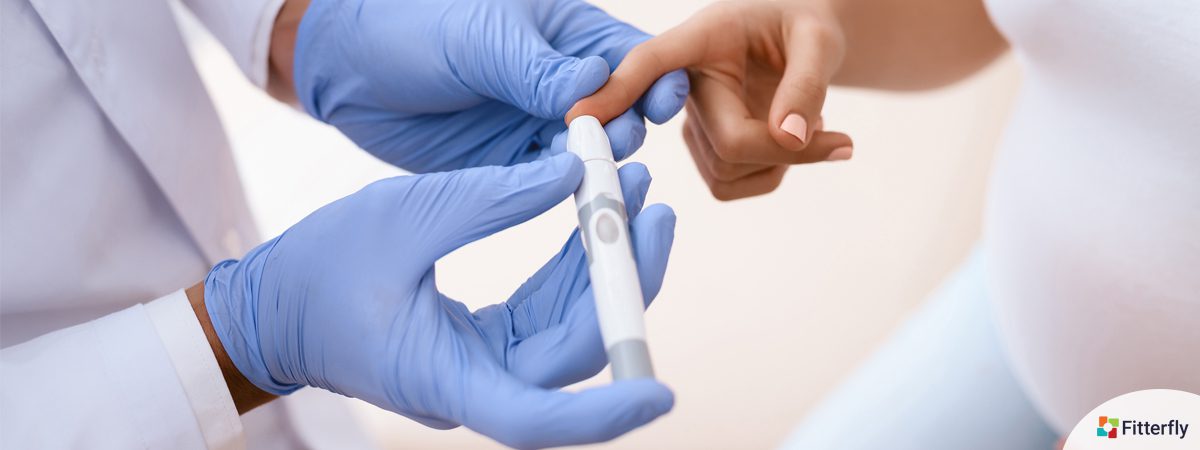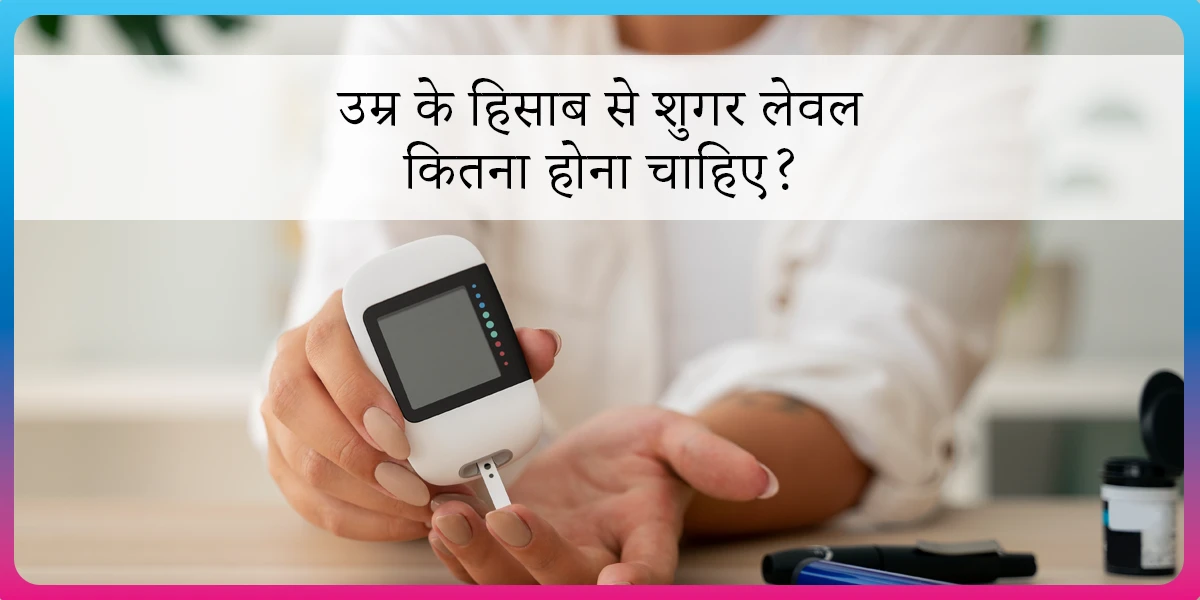Gestational Diabetes: Why You Need to Keep Your Blood Sugar Levels in Control During Pregnancy

Pregnancy is a blissful phase in a woman’s life. Allowing life to grow within you, feeling it move and kick, is undoubtedly an overwhelming experience for an expectant mother.
Many changes happen in a woman’s body, both internally and externally, during this time. Although these changes are unavoidable and most of them happen for good, they can also lead to some discomforts and concerns. Don’t worry; you can still avoid these niggles with proper care and, at times, with medical attention.
What is essential is to be aware of the discomforts and complications that can arise so that you can reach out for help on time. The hormonal changes that happen during pregnancy can also lead to temporary medical conditions that might need medical intervention to ensure the baby’s safety and that of yours.
One such common condition that affects women during pregnancy is – Gestational Diabetes or GDM. Studies suggest that in India, around 4 million women are affected by GDM.
What is gestational diabetes? How can it affect your pregnancy?
Gestational diabetes is a condition in which your blood sugar levels become high during pregnancy. It can also happen to women who never had diabetes before. In most cases, it is a temporary form of diabetes and goes away after you give birth to your baby.
In gestational diabetes, the body does not produce adequate amounts of insulin to deal with the glucose released in the bloodstream after the breakdown (digestion) of food. It typically develops between the 24th and 28th week of pregnancy.
What causes gestational diabetes?
Factors that cause gestational diabetes are unknown, but certain theories explain this condition.
The placenta supports the baby as it grows. Hormones from the placenta help the baby develop. But these hormones also block the action of the mother’s insulin in her body. This problem is called insulin resistance.
Insulin resistance makes it hard for the mother’s body to use insulin. An expectant mother might need up to three times as much insulin. GDM starts when your body cannot make and use all the insulin it needs during pregnancy. Without enough insulin, glucose levels remain raised in the blood.
This condition is known as hyperglycemia, which can lead to gestational diabetes. GDM affects not only maternal health but also fetal well-being and development.
Common problems associated with the baby due to GMD could be:
- a bigger head of the baby leading to complications in a normal delivery
- higher incidences of jaundice
- occasionally respiratory distress in babies.
But GDM can be prevented with proper management through diet and exercises.
It’s essential to look for an excellent Prenatal Program that provides you with
- Education and awareness about the common pregnancy-associated problems
- Design a safe meal plan to prevent or manage Gestational Diabetes
Make this blissful phase memorable and free of discomforts managing it the right way with the proper care and guidance, rather than cutting on sweets due to gestational diabetes!
To control diabetes, a personalised and scientific approach is necessary. At Fitterfly, we have designed a diabetes care program for pregnant women with diabetes – Diabefly GDM – a digital therapeutic program. With this program you get specialised guidance from a team of specialists, including – a nutritionist, a certified physiotherapist and a clinical psychologist, to achieve health goals with tailor-made diet plans and exercise modules. While we can talk about all the right things to do to keep blood sugars in control, having a coach or trainer helping you track your daily intake and activities between doctor’s appointments always helps.
To know more about Diabefly GDM and how it can help you smartly take control of your diabetes during pregnancy, visit our website https://www.fitterfly.com/health/diabetes-gdm or speak to one of our counsellors on 080-471-66404.
This blog provides general information for educational and informational purposes only and shouldn't be seen as professional advice.


 References
References










There are several people who have diabetes. Your blog will surely help them understand this medical condition better. Visit our site for more information, especially if you have diabetes and unplanned pregnancy.